
The Round Blue Plaques of London
Ok; so they’re not always round, and they’re not always blue.
On many occasions, Gary and I have stopped and read various blue plaques that are dotted around London, perched high on the front of a notable house or building.
Often, we were intrigued to dig a little deeper into the stories behind these significant men and women.
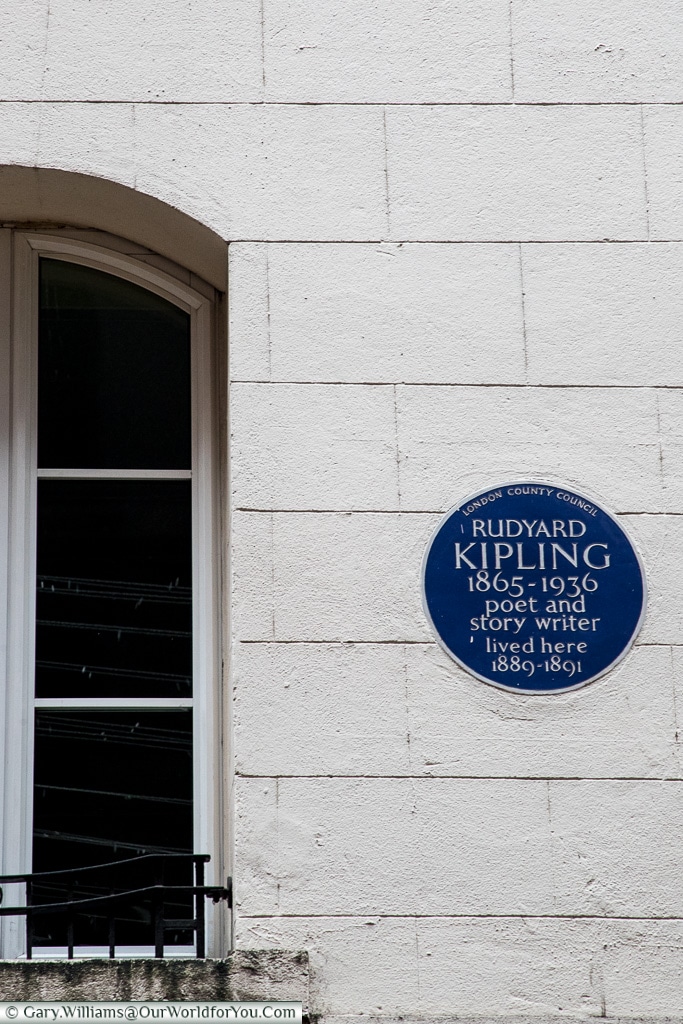
Synonymous with London
During our most recent visit to London, we thought it was time to find out the historical significance of these eye-catching blue commemorations and search out some of our favourites.
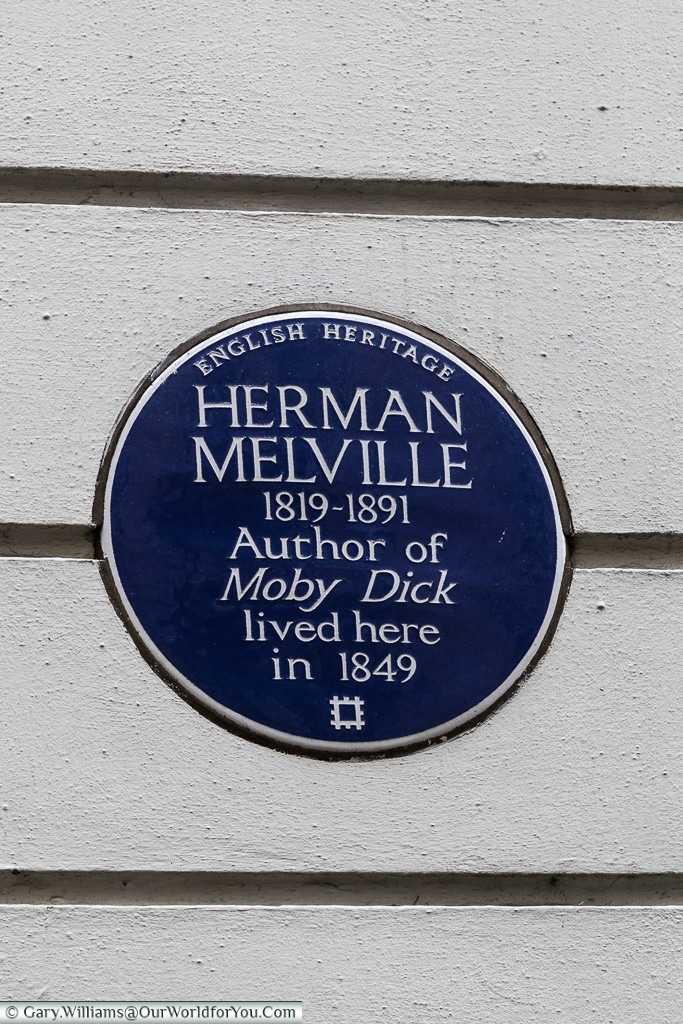
Now, just as a piece of knowledge, there are quite a few blue plaques that are not classed as ‘official’.
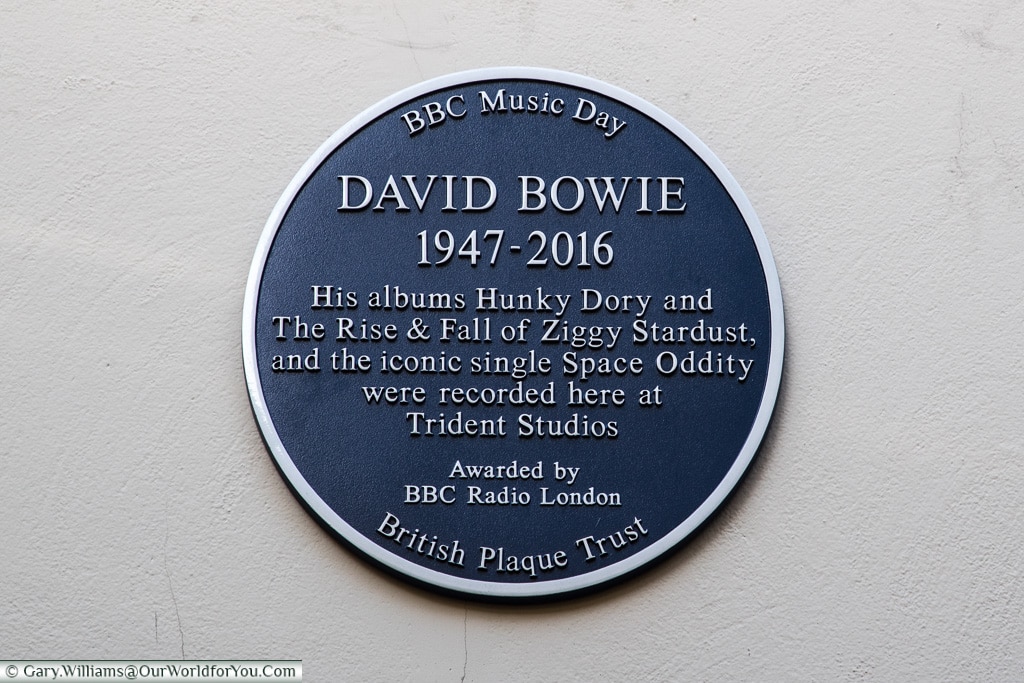
Not that they don’t provide interesting facts, but they have not been awarded by English Heritage or one of its three predecessors.
Over 150 years
London’s blue plaque scheme has been in existence since 1866 and was the initiative of William Ewart MP.
The original scheme was run by The (Royal) Society of Arts from 1866 to 1901, during which time 35 were erected. Unfortunately, less than half of these now remain, which has often been due to the demolition of the building.
Tempted to find?
Your heroes & heroines? Download the English Heritage Blue Plaque app
Then it was blue
Then came the London County Council and they ran the scheme from 1901 to 1965. During this time, various colours and designs were used, however, it wasn’t until 1921 that the ceramic blue plaque was settled upon.
Outer Boroughs
In 1965, the London County Council disbanded and transitioned into Greater London Council, who then became the schemes successor. The GLC ran it from 1965 to 1985 and broadened the project out into Greater London towns.
They presented a total of 262 plaques during this period and extended the scheme to include significant events and not just people.
Dare to find all 900+!
Since 1986 the blue plaque governorship is in the safe hands of English Heritage. They have currently awarded over 360 which brings a total throughout London to be over 900.
Further Afield
In 1998, English Heritage decided to create a pilot programme across other parts of England. During 2000 to 2005, 34 plaques were awarded.
In 2007, after review, it was decided that local councils and organisations would manage their own schemes.
However, it has inspired many similar initiatives in the UK and around the world.
We came across a blue plaque in Ronda, Spain.
Discover more
‘Square Mile’
Although the scheme is now only run in Greater London, the City of London is an exception and runs its own arrangement.
In 1879, the Royal Society of Arts handed this role over to the Corporation of the City of London, who have their own blue tablet design. Prior to the handover one RSA plaque still remains within the ‘City’, and this is to Dr. Samuel Johnson, which was erected in 1876 and is brown.
As of April 2013, there are around 160 commemorative plaques within the historical ‘square mile’.
Who knew?
My favourite plaque is for Antonio Canal AKA. Canaletto, I didn’t realise that the fantastic Venetian Painter lived in Soho for nine years.
A little trivia
1st plaque ever was awarded to the poet Lord Byron in 1867, but the house of his birth in Cavendish Square was demolished in 1889.
This makes the plaque to Napoleon III on King Street, Westminster, also erected in 1867, the earliest to survive.
Eighteen houses have two plaques.
The modern, simplified London plaque, was designed by an unnamed student of the Central School of Arts and Crafts in 1938 who was paid just four guineas.
Blue & Round???
As I mentioned the plaques are not always blue and not always round, here are a couple we discovered.
Other Plaques
Many other bodies, such as local councils and societies also put up their own commemorative plaques in London, using different criteria to English Heritage.
Here are a few we found.
Proposal
If you’d like to nominate someone for an official Blue Plaque, here is the strict criteria you need to adhere to;
- At least 20 years must have passed since a candidate’s death.
- At least one building associated with the figure must survive within Greater London (but outside the City of London, which has its own scheme).
- The building must survive in a form that the commemorated person would have recognised, and be visible from a public highway.
- Buildings with many personal associations, such as churches, schools and theatres, are not normally considered for plaques.
- No more than two plaques are allowed on one building.
- Nominations to commemorate buildings that have historical significance for an event, or a group of individuals, will be considered as resources allow.
You can have your own
A quick search of Google revealed you can create your very own Blue Plaque. Oh dear, in the words of Carly Simon - "you're so vain" 😉
Have You?
Spotted these on your travels? Found your favourite? Or are you going to keep an eye out for them on your travels through London?
Inspired to seek out the Blue Plaques?
Something to look out for when you're in London.
Why not check out the latest deals on Booking.Com?
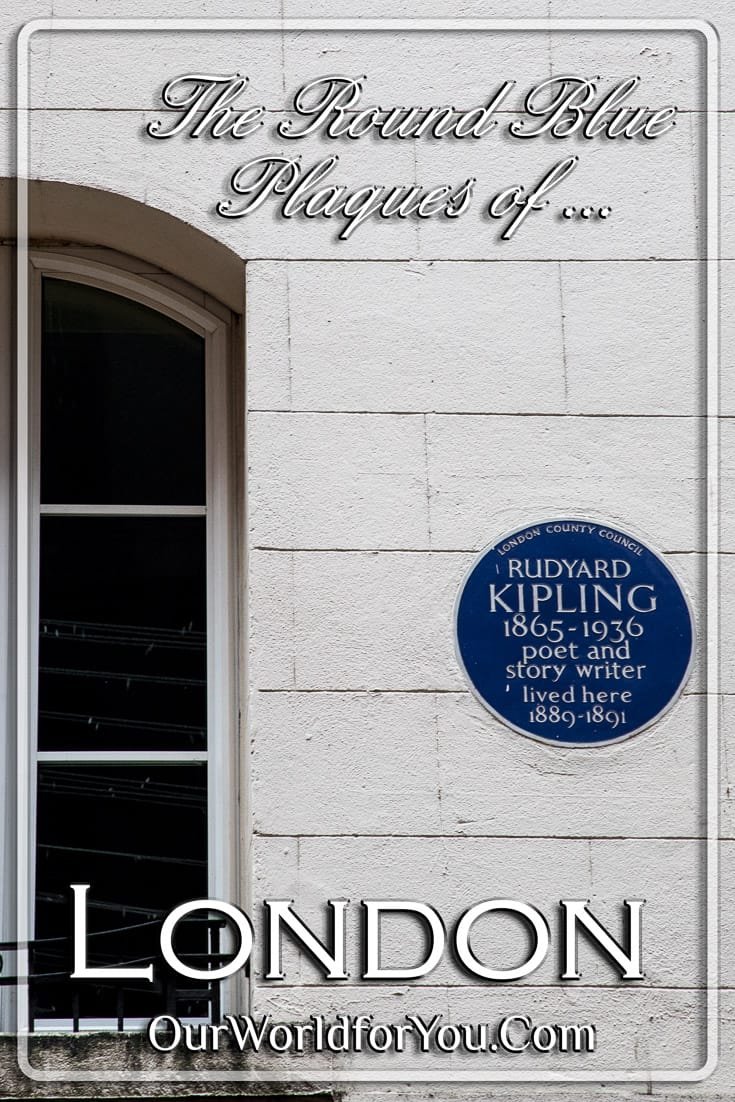
(Why not Pin It for Later?)

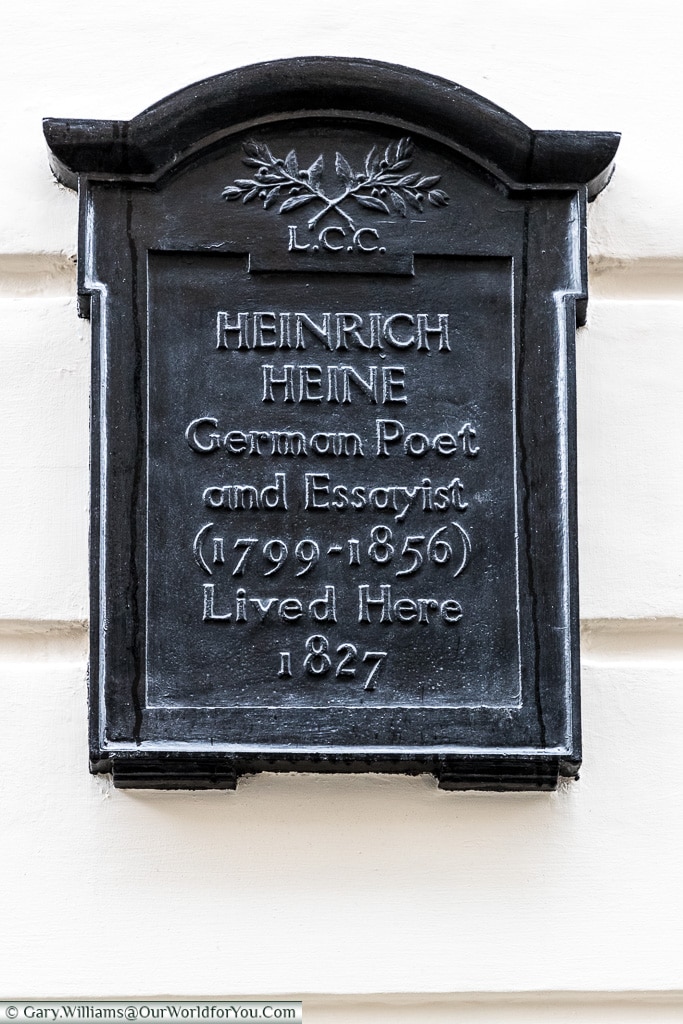
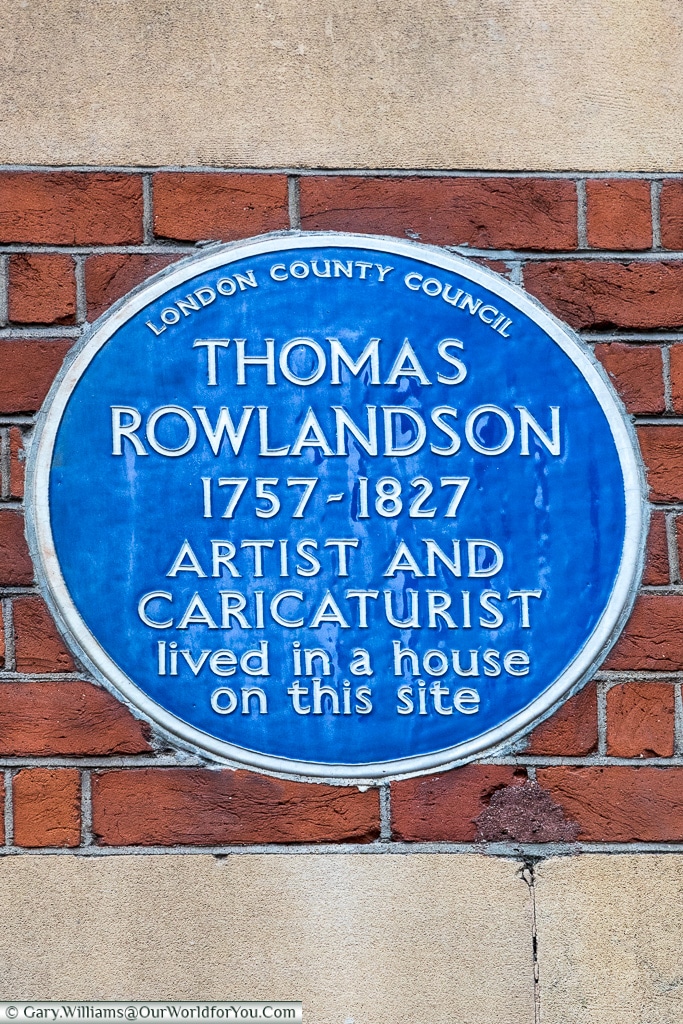
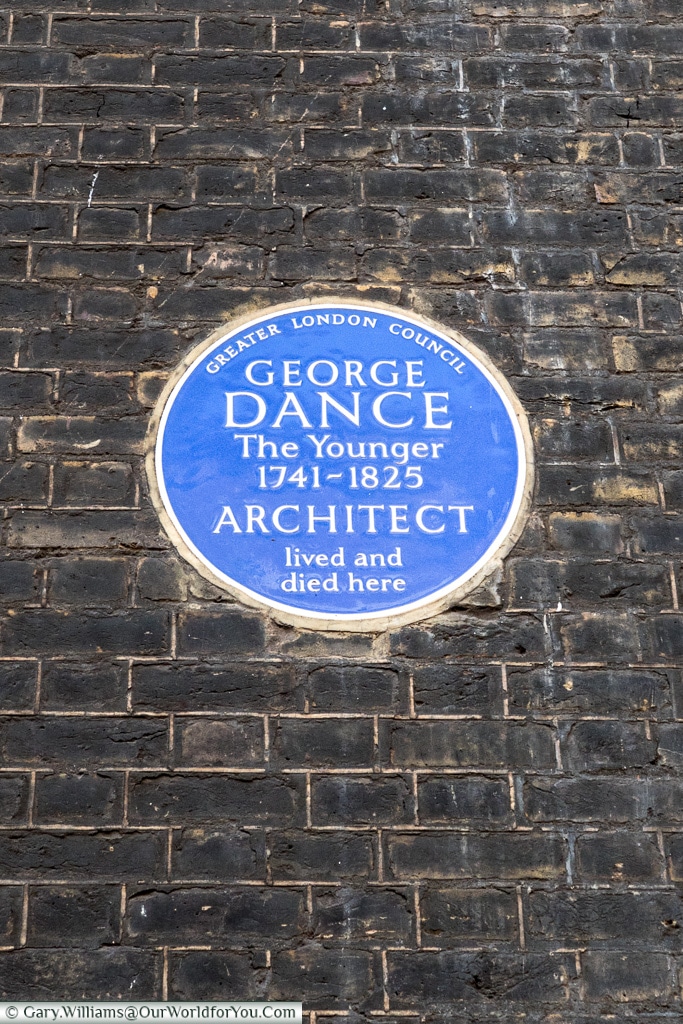
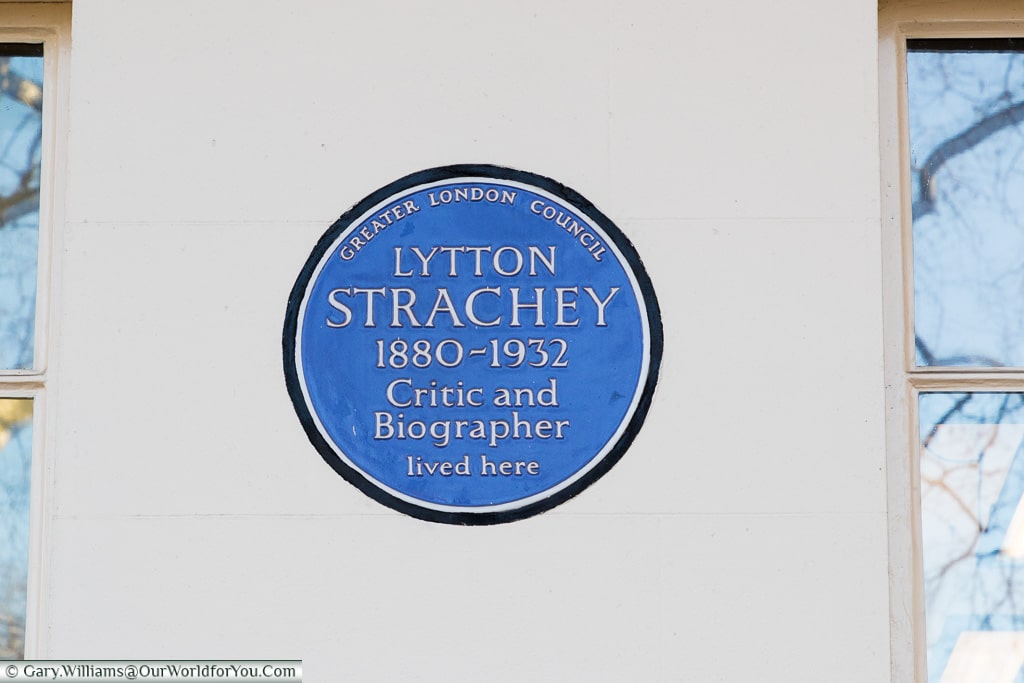
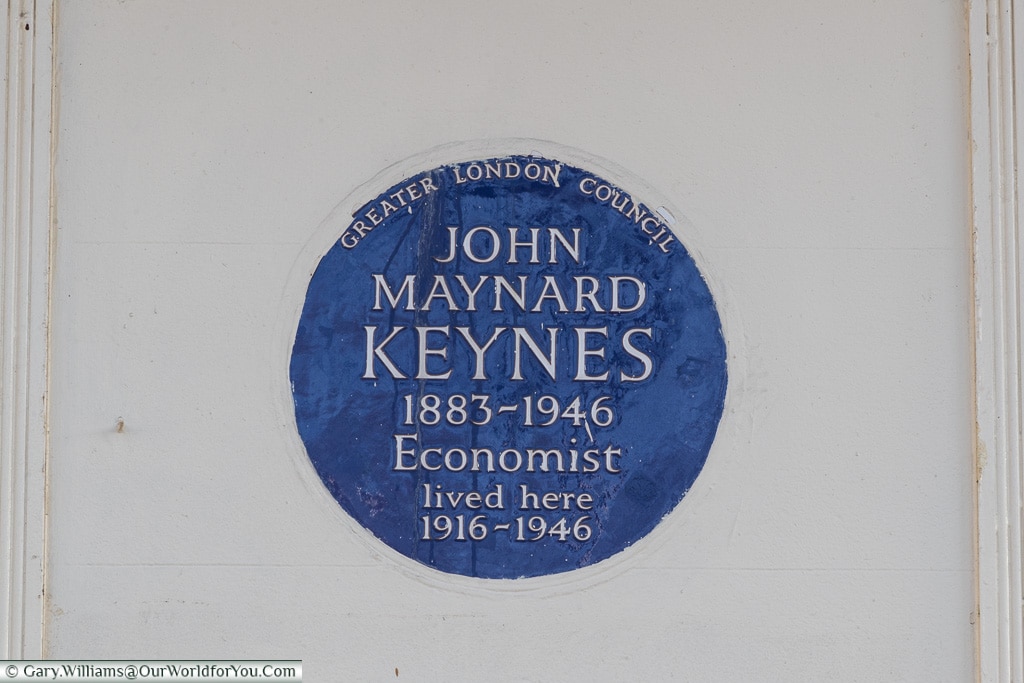


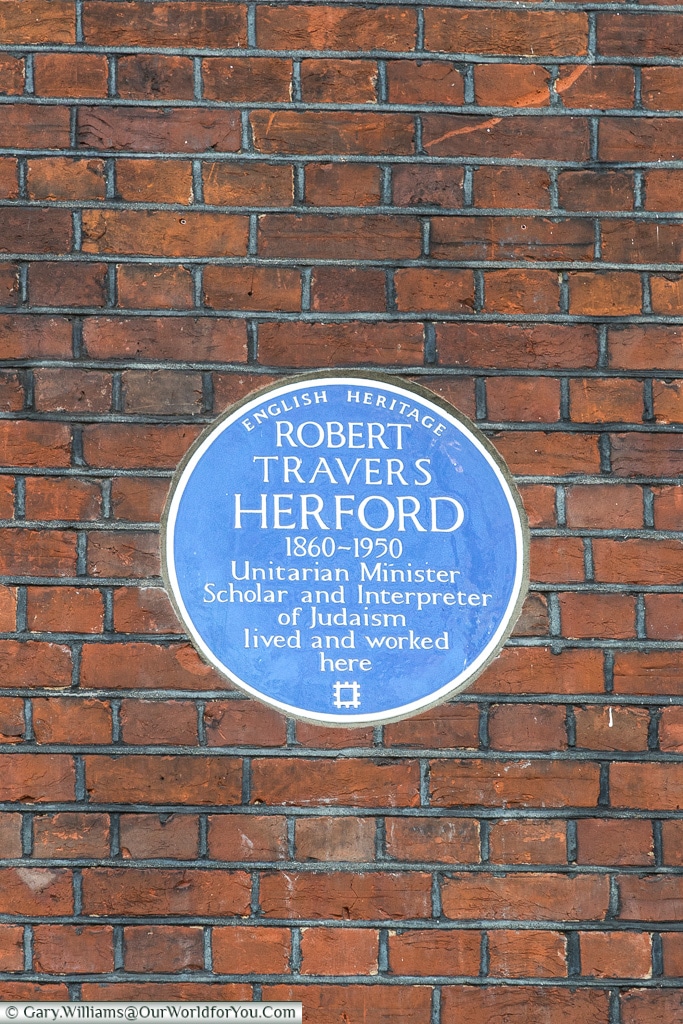
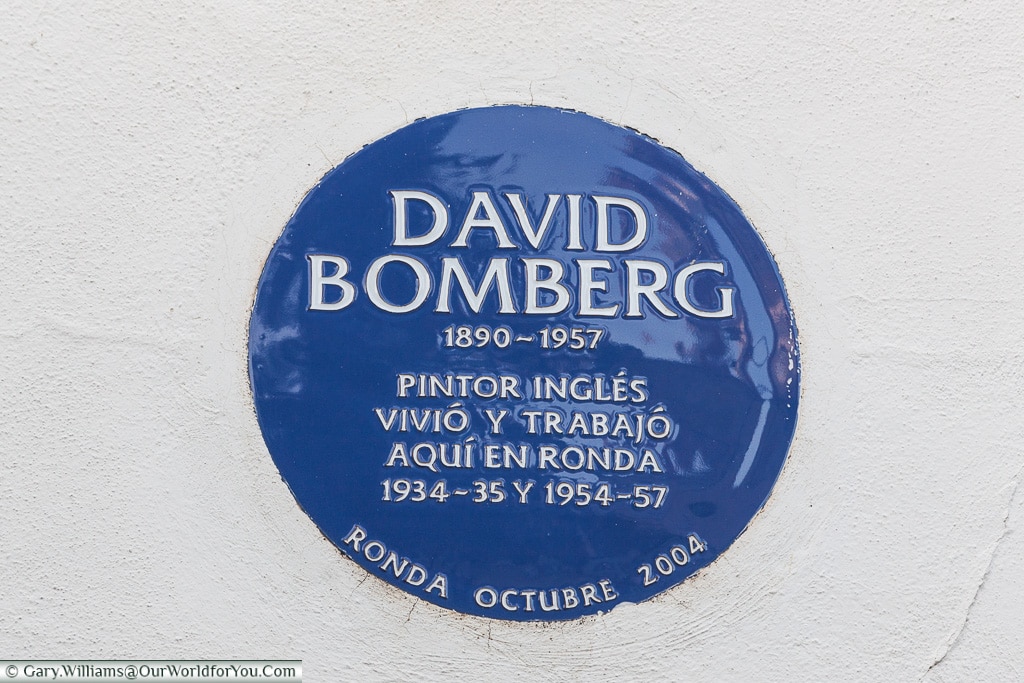
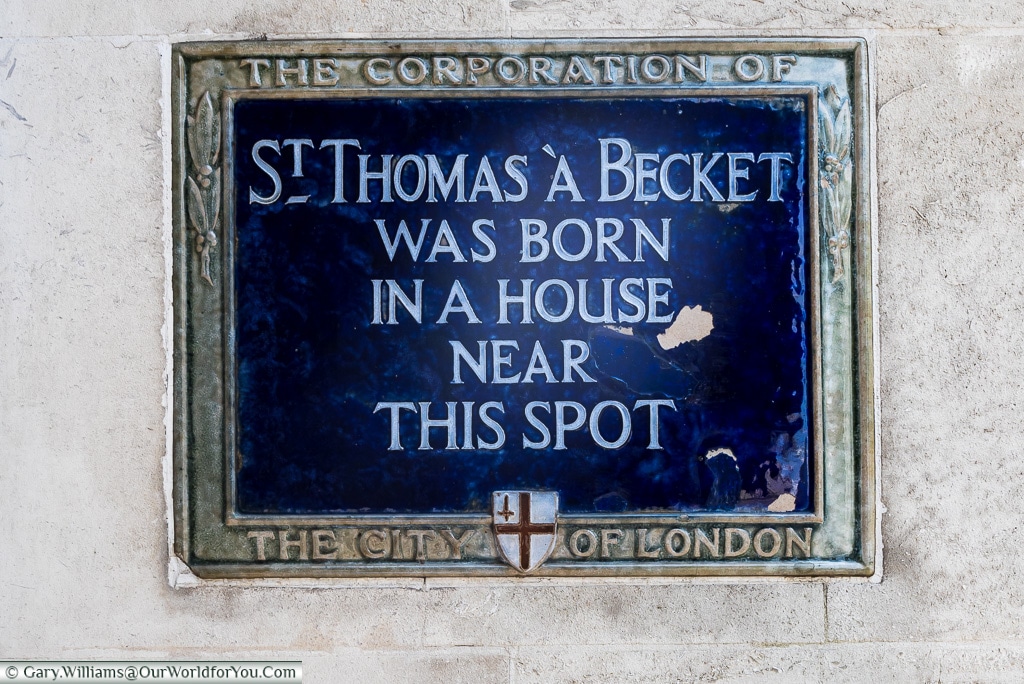
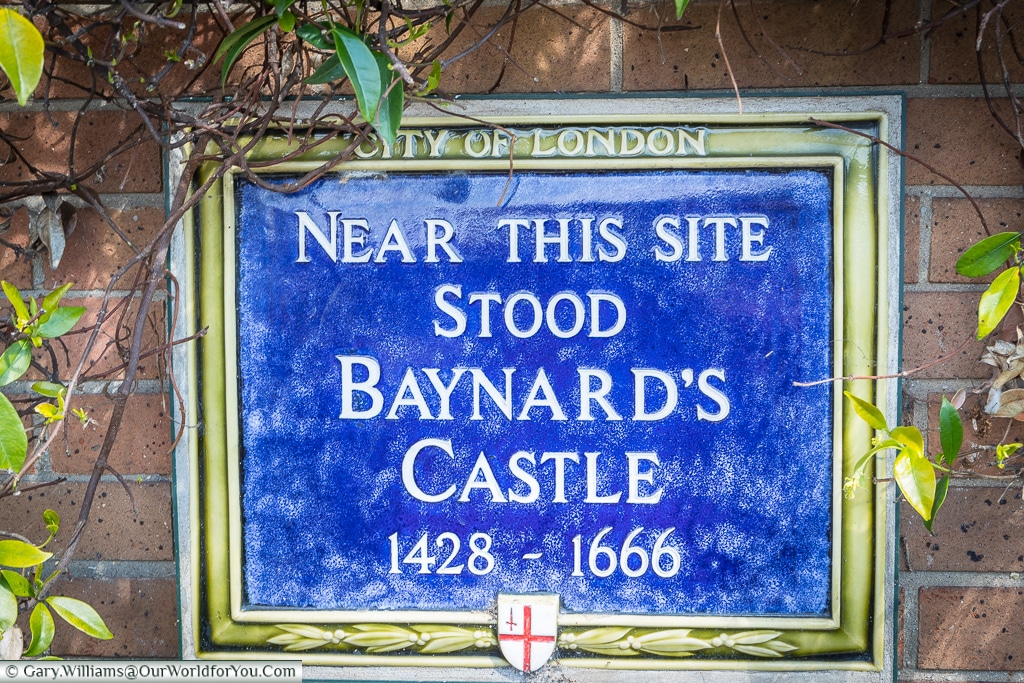

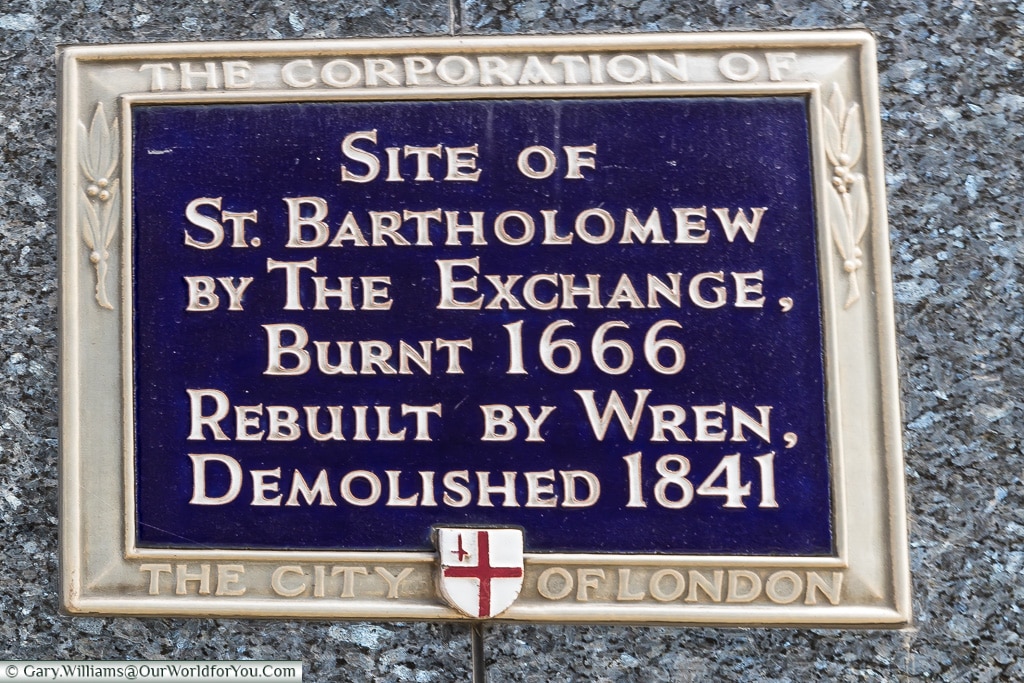
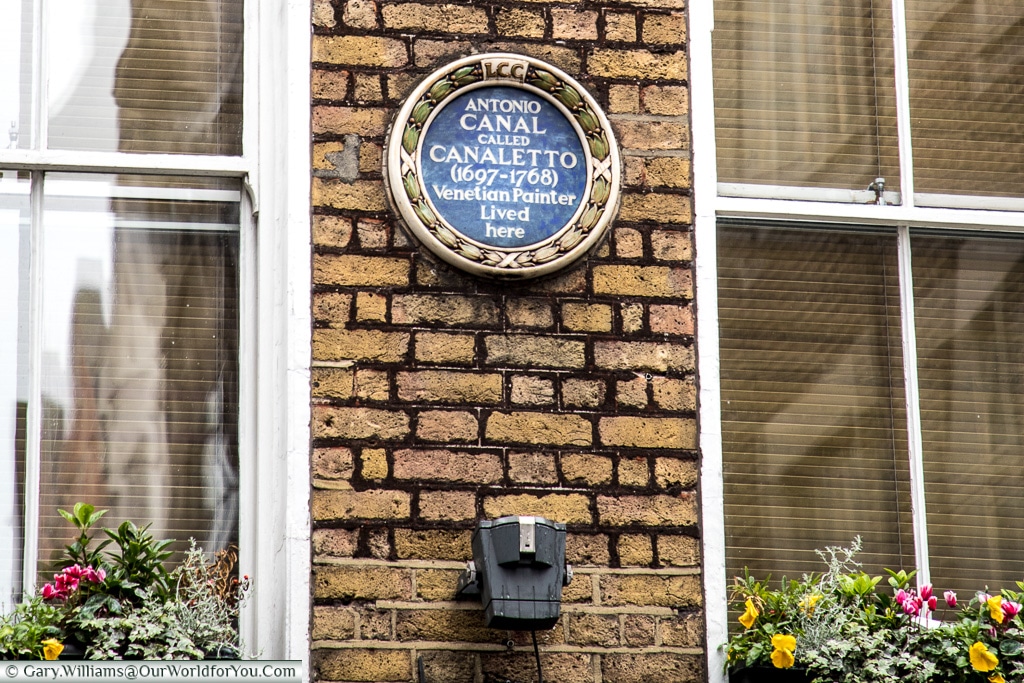
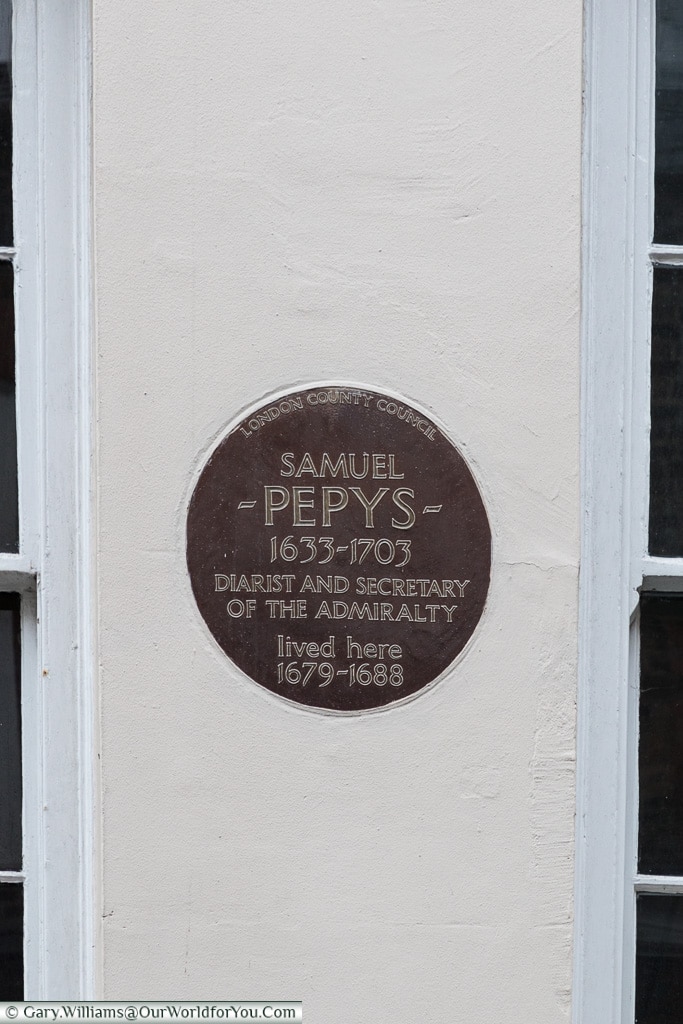
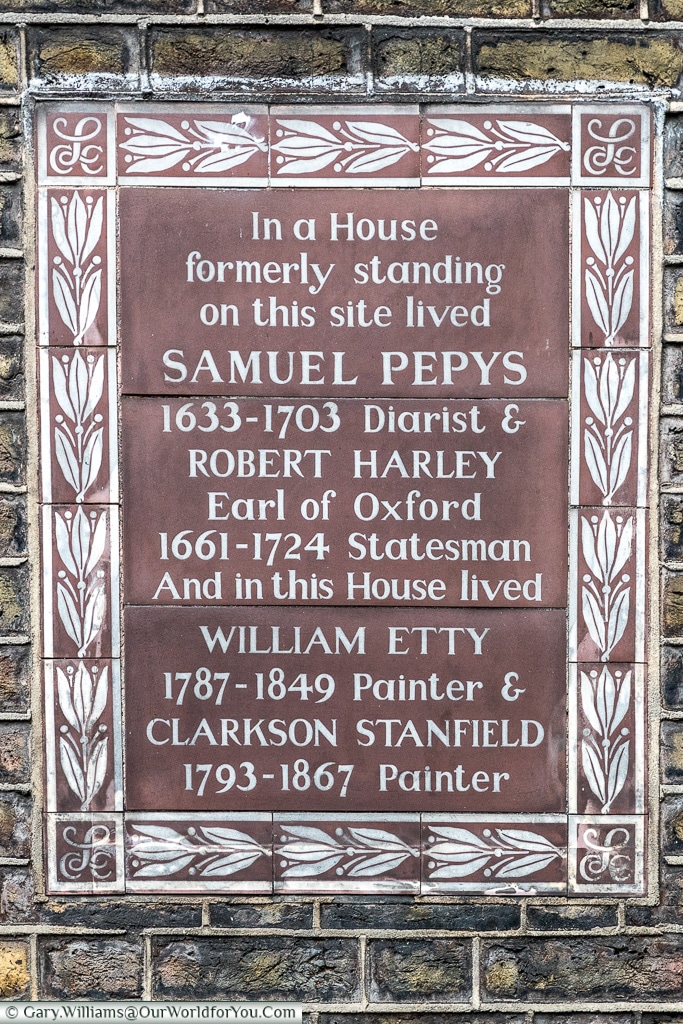
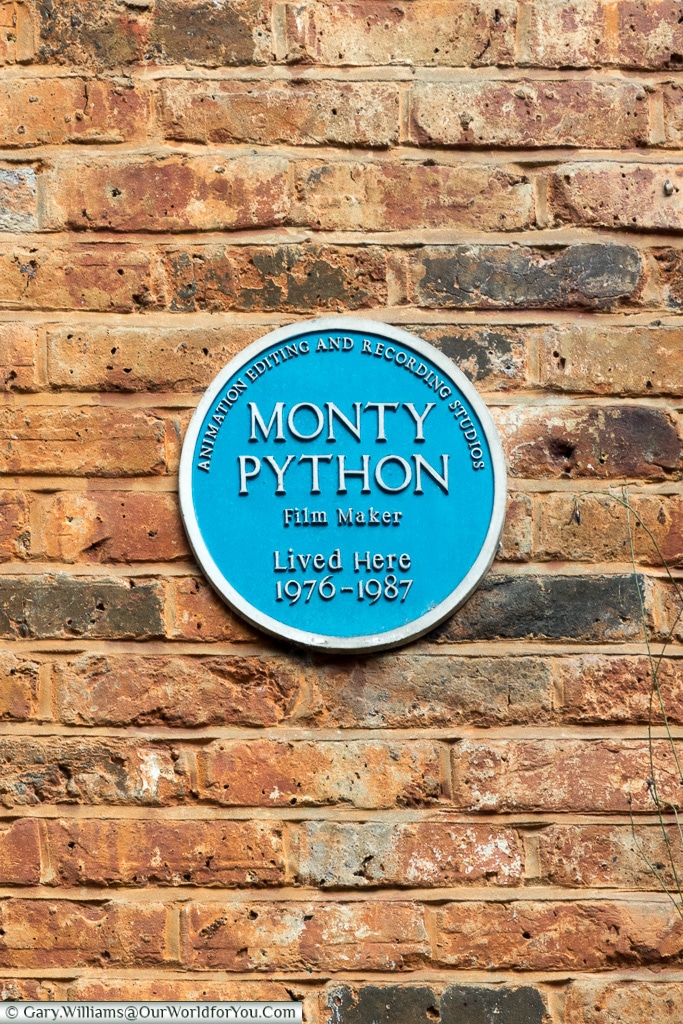
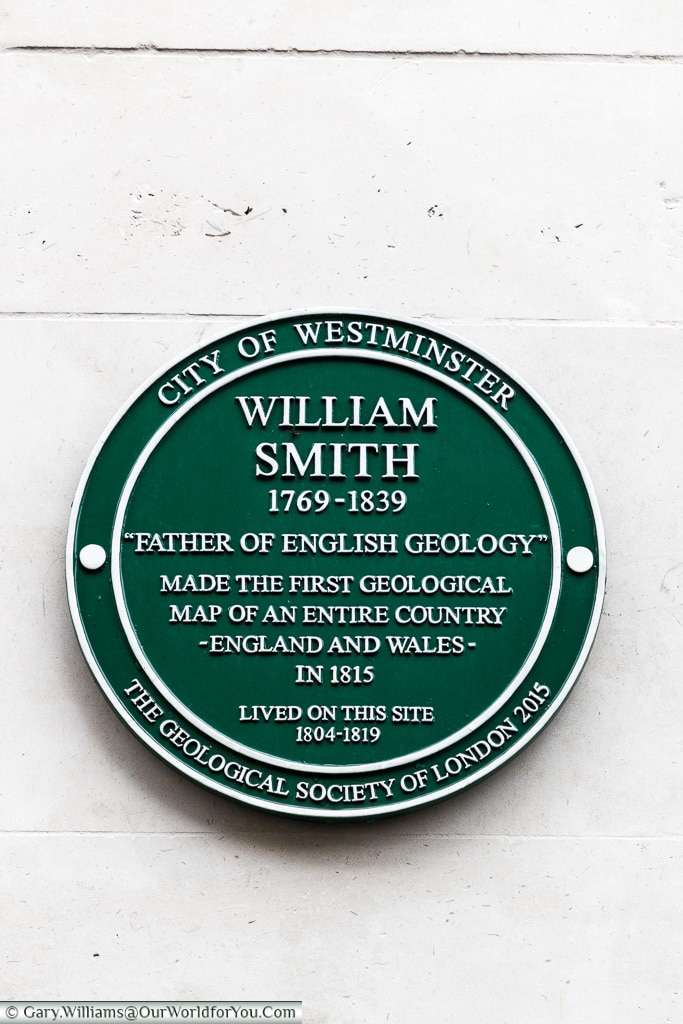
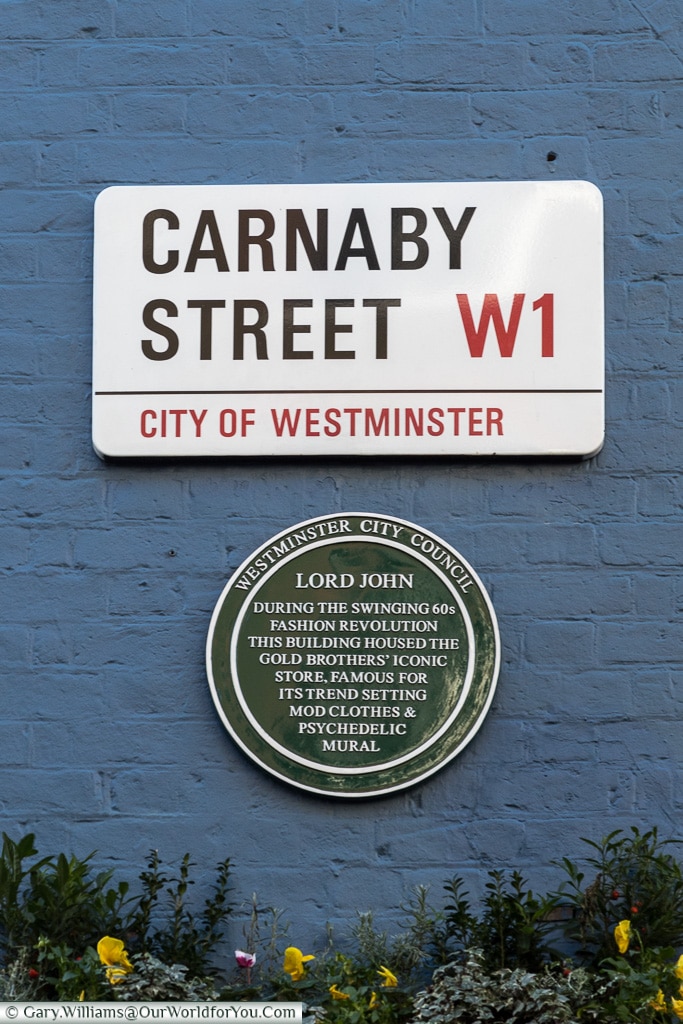
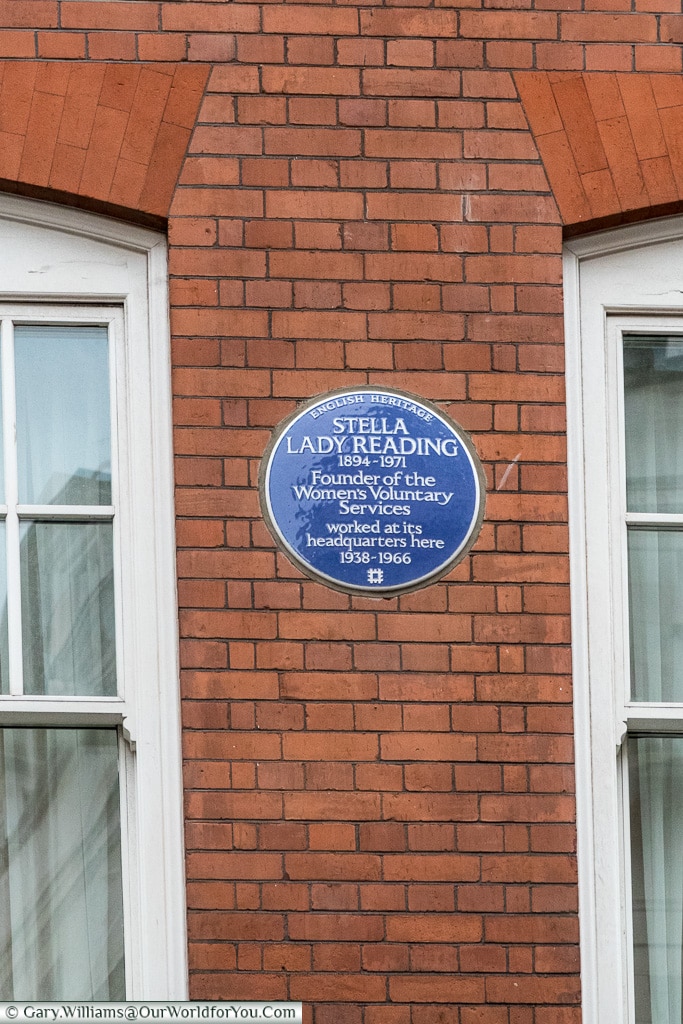

Comments
Wow I didn’t realise there was so much history (and bureaucracy!) to the blue plaques. Thanks for sharing
Yes, there’s certainly a lot of boxes to tick. I quite enjoy seeing them around London, I find it does make me stop for a minute or two, also encourages me to find out a little more about the person.You must have seen so many on your wanderings?